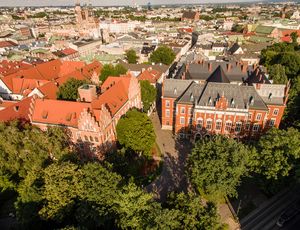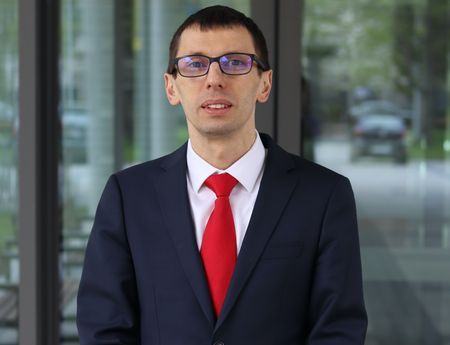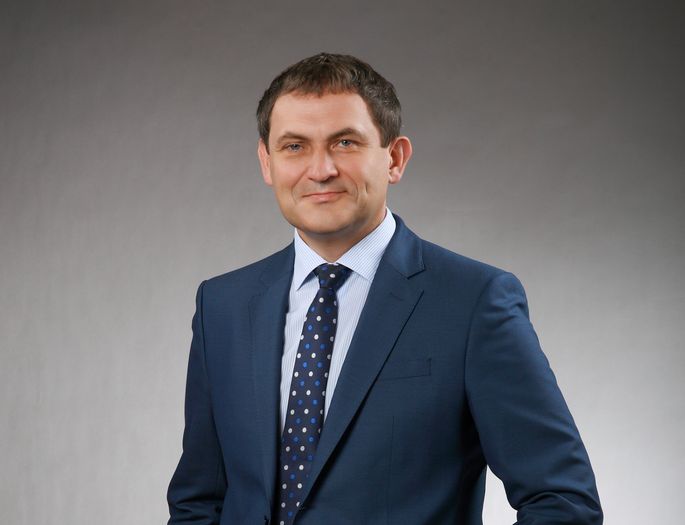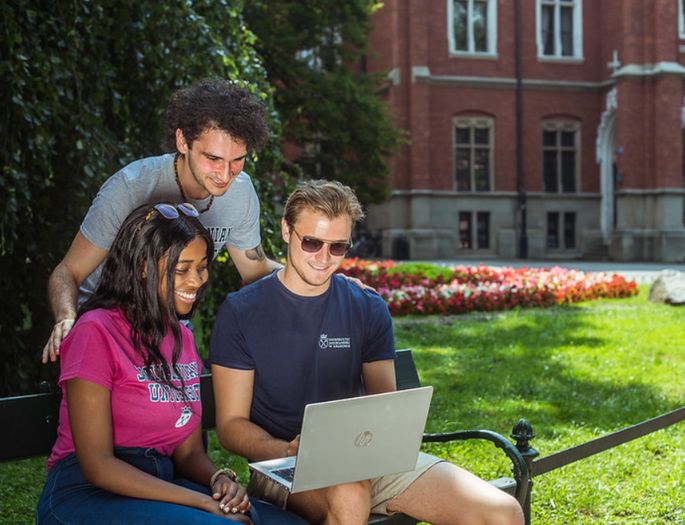
HERA – Humanities in the European Research Area - is a partnership between 24 Humanities Research Councils across Europe and the European Commission, with the objective of firmly establishing the humanities in the European Research Area and in the European Commission Framework Programmes. The consortium is investing 21 million euro in 18 transnational European research teams as part of its third joint research programme (JRP) Uses of the Past. Two of those teams feature scholars from the Jagiellonian University.
The first project, The heritagization of religion and the sacralization of heritage in contemporary Europe, is concerned with various aspects of religious and non-religious heritage sites, objects and traditions. Among the researchers working on the project is Dr hab. Anna Maria Niedźwiedź from the JU Institute of Ethnology and Cultural Anthropology. The second one, entitled Disentangling European HIV/AIDS Policies: Activism, Citizenship and Health, is focused on the topic of AIDS policies in European countries and will feature a series of interviews with people who contracted the HIV as well as HIV/AIDS activists.
Below is the official description of the programmes which may be found at the official HERA website.
The heritagization of religion and the sacralization of heritage in contemporary Europe
What happens when religious sites, objects and practices are simultaneously considered heritage? Since World War II, heritage is increasingly seen as defining identities and communities in times of change, and often what is now considered heritage was and still is seen as religious in nature and possibly sacred. Heritage, on the other hand, involves an explicitly secular gaze that sacralizes non-religious aspects of religious sites, objects and practices in a cultural, historical, or otherwise secular, immanent frame. HERILIGION seeks to understand the consequences of the heritagization of religious sites, objects and practices which were not considered heritage before, and which may provoke tensions between heritage and religious constituencies; between religious and secular sacralizations and uses; and between different disciplines and management regimes. HERILIGION will produce new insights which can be used to understand, manage and defuse tensions, benefiting both religious and heritage constituencies in Europe. The research will take place at religious and heritage sites in Denmark, the Netherlands, Poland, Portugal, and the UK, or would focus on emerging practical heritage (so-called intangible cultural heritage) in these countries.
source: http://heranet.info/heriligion/index
Disentangling European HIV/AIDS Policies: Activism, Citizenship and Health
Through the lens of the HIV/AIDS epidemic, EUROPACH will explore how the past is mobilised in the unfolding of activism, health policy and citizenship in Europe. As transnational health-governing bodies seek to integrate a fortified biomedical approach into local structures of care and prevention, the project asks how the past has come to shape these structures so as to enable a reflexive and situated approach to the future. By analysing the discourses and practices that make up HIV/AIDS policy worlds in Germany, Poland, Turkey, the UK, and at the European level, EUROPACH aims to describe the varied citizenship claims (in terms of entitlements and responsibilities) that emerge across shifting notions of Europe. Researchers will unpack the logics of policy discourses and disentangle the transnational histories that have been involved in the co-production of these policy assemblages, and develop a corresponding interactive map to be housed on the project’s website. They will also record interviews with long-term activists and persons living with HIV or AIDS, which will provide a foundation for a new European HIV/AIDS oral history archive. Ethnographic research conducted in spaces of policy development and negotiation, combined with analyses of art works engaging with the epidemic, will be used to situate citizenship models in their temporal trajectories, and then to scrutinize them – in close discussion with the project’s 14 APs – for insights as to possibilities for the future. In accounting for the multiplicity and entanglements of histories that coexist in contemporary citizenship frameworks at the nexus of sexuality, health and the body, EUROPACH aims to provide support for mapping out the dynamics of integrating local communities, contexts and histories into European structures and praxes of citizenship.





